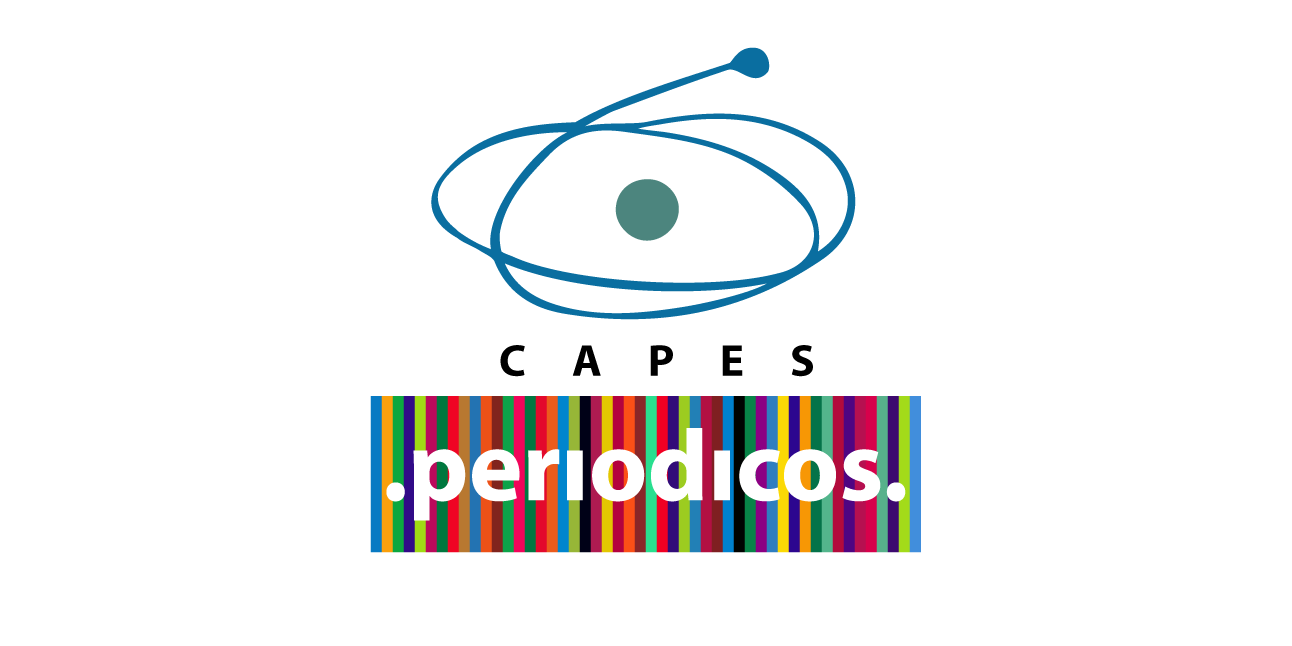Mapping of the Conscientious use of Water by Young Students in Maringá, Brazil
Keywords:
Students, Conscientious Consumption, Water Waste, Ecology, MaringáAbstract
Current research is the third phase of a series of surveys on communication technologies in the development of activism. A bibliographic survey was conducted with regard to the social network. Although no scientific research has been made on the theme, efforts were spent to investigate how social networks dealt with water and environmental themes. Social networks available on the internet were investigated and the Facebook was selected as one of the tools that attracted a great number of users in Brazil. However, no effective activities for the proper use of water were detected in this social mode. An exploratory study and a field research were endeavored to understand the profile of young people and their beliefs, knowledge and practices on water and its consumption. The most important issue was the answer to the following question: What is the level of conscience-raising that young people from Maringá have on the responsible use of the water resources of the region over which lies the Aquifer Guaraní, one of the greatest underground fresh water resources in the world? Interviewed people are starting to reflect on personal habits even though conscious activities on water as a social issue should be underscored.Downloads
Additional Files
Published
2014-11-06
How to Cite
Velho, A. P. M., Cibotto, B. M. de L., Velho, M. S. M., Skura, I., & Moura, G. R. de. (2014). Mapping of the Conscientious use of Water by Young Students in Maringá, Brazil. Iniciação Científica Cesumar, 16(2). Retrieved from https://periodicos.unicesumar.edu.br/index.php/iccesumar/article/view/3731
Issue
Section
Artigos de Iniciação Científica
License
The Editorial Board is authorized to make certain changes in the original text to comply with bibliographical norms, orthography and grammar, so that standards in language and style may be maintained. However, the author´s style will be preserved. The concepts developed by the authors are their exclusive concern and responsibility.In case of approval, the e-mail of acceptance will contain a Letter of Copyright with authors´ name, personal data, and signature of all authors.






